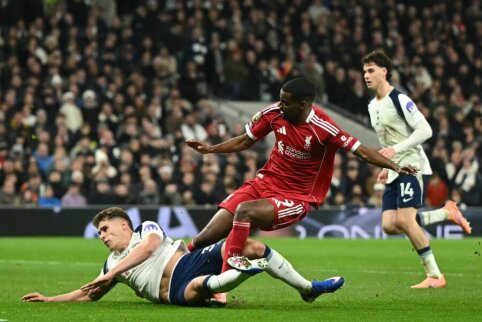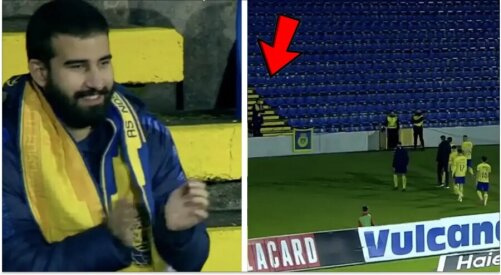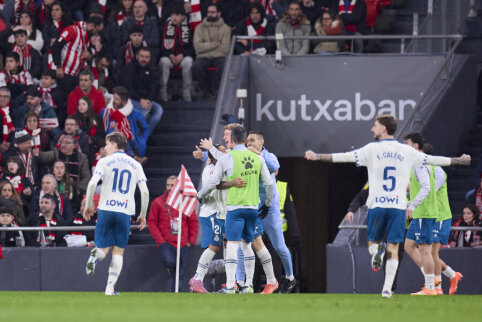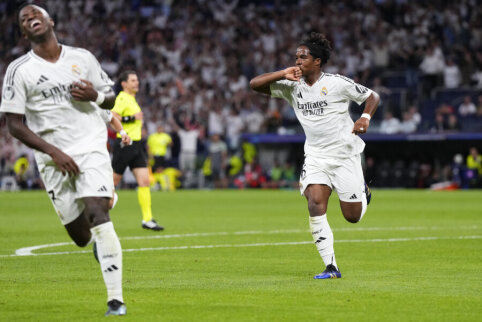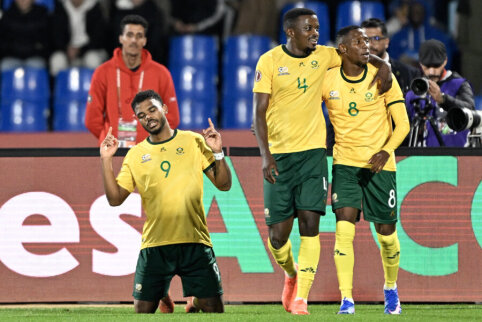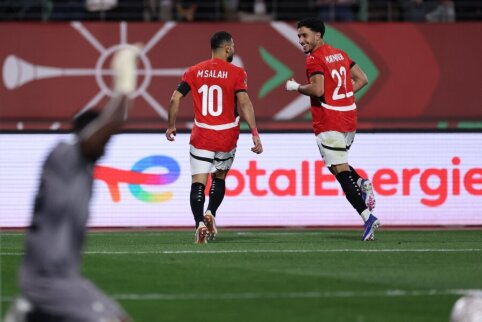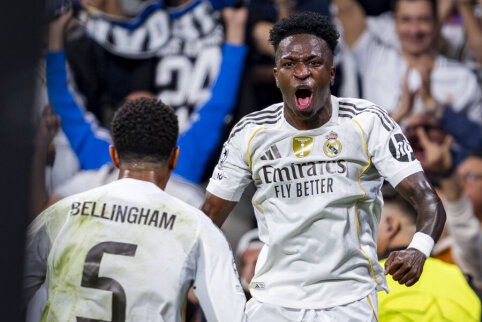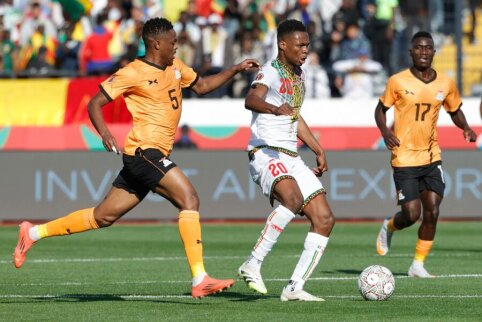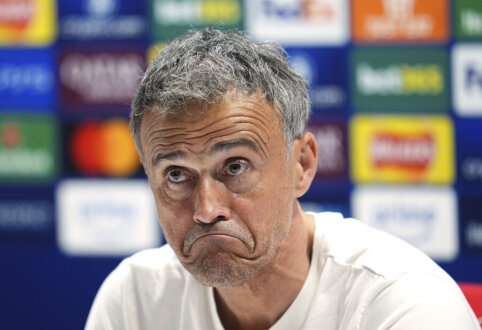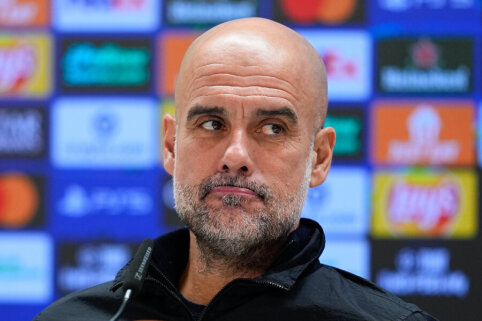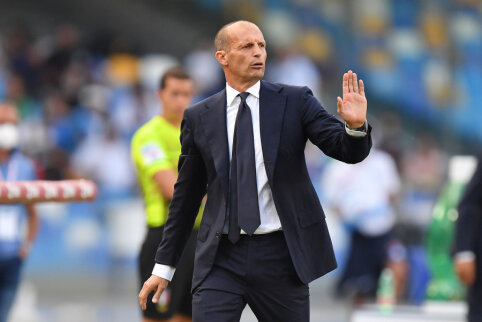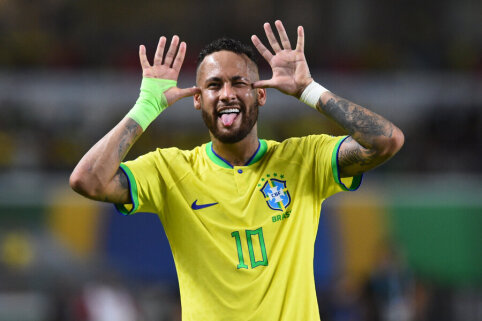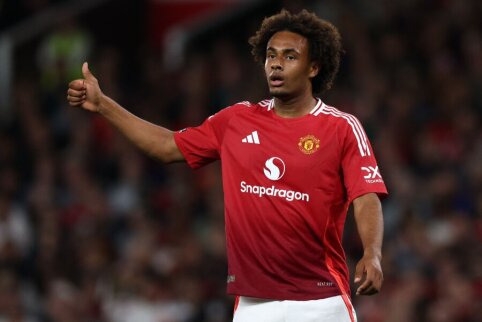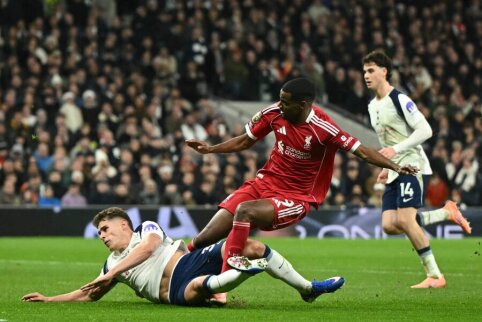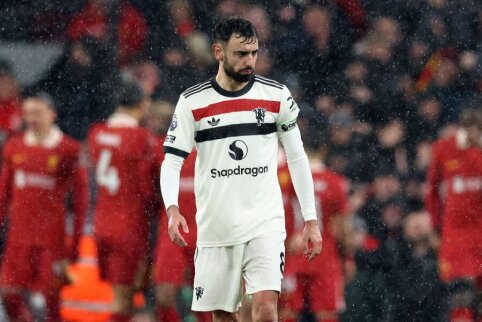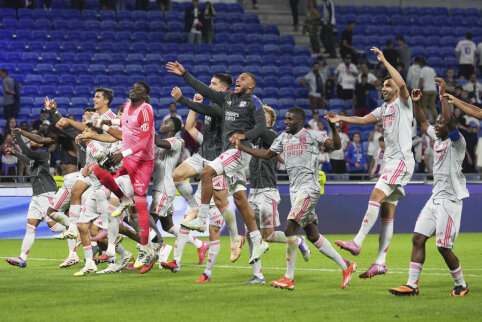
Last Sunday the European Championship ended, and during it we saw several matches where victory was achieved by a team that rarely had possession of the ball and based their game on defense. Working for The Guardian, Jonathan Wilson decided to answer the question after the tournament: did ball control-based football die in these championships?
Most people ask whether the Portuguese national team deserves victory, but based on one thing they are most deserving of the title of champions: no champions before have reflected the face of the championship as well as the current Portuguese national team. Leaving two attackers to find their chances in attack, they would build an eight-man citadel who spent just one goal in 420 minutes of knockout matches, and their team only celebrated a victory once in 90 minutes throughout the entire tournament: that is modern national team football.
Yes, these championships featured inspiring performances from smaller countries, and the people of Wales or Iceland will remember this championship with the best memories. But these championships once again became a blow to the heart for the statement that in national team football we see performances of the highest level.
After each championship, we ask the question of what this tournament has brought new to football. But this is not 1958 when attacking defenders tried to change football. It is not 1974 when the Dutch national team showed an effective total football played by "Ajax" and "Feyenoord" clubs. It is not even 1986 when the gameplay with three defenders caused astonishment. In the 2016 European Championship, we did not see any hints of club football, and the national teams reminded us only in a psychological aspect.
After Pep Guardiola joined "Barcelona," the tiki-taka-based Catalan game constantly had at least 70% ball possession. At first everyone panicked and tried to take the ball from them, but after the success of "Inter" in the 2010 Champions League semifinals, everyone understood that to beat them, you have to let them control the ball. Thus Jose Mourinho's game without the ball tactic threw a spanner in the works of "Barcelona" ball control-based football and became an example for many.
Teams in this tournament did not rush to try to take the initiative. In most matches, it seemed that the national teams even fought for who would not have the initiative and tried to avoid ball control. Such matches where both teams tried to dominantly fight for the ball in the field, focusing on attacking, were almost non-existent in this tournament. Yet these kinds of duels garner the most interest from viewers and make them enjoy football. Instead, most national teams without any doubt set up an eight-player defensive line.
Statistics do not always reflect the picture on the field, but in 49% of the matches in this championship, one team had at least 60% ball possession, while in the Premier League there were 37% of such matches. In other words, in the second matches of this championship, there was a duel between attack and defense.
This is not always a problem - in the semifinals, the Germans had 66.8% of the match time with the ball against the French, but when a team choosing a defensive tactic can quickly switch to attack and play in an attacking manner, as the French did, even with a significant difference in ball possession we still could see great matches. But when teams run onto the field just to remember, it becomes a game that loses its beauty.
Essentially, this also shows in FA Cup matches in the early stages - people do not watch these matches for similar reasons. Although shocking surprises happen every year, usually the Premier League clubs do not allow their main players to dominate the field, and the spectators do not see equivalent football. At the national team level, everything is even worse than in clubs, because attacks are not as well-worked as when playing for clubs, simply because national team players do not have as much time for interaction and understanding. The Germans against Slovakia can afford to demonstrate combinational and quality football, but that is because the core of the German national team has been playing together for many years. This is a rare case in national teams.
This can be seen as elitism. However, it is not. Everyone has the opportunity to participate in the European Championship. Even if the tournament had remained with a format of 16 teams - Wales, Iceland, and Northern Ireland would probably still have qualified because they are simply national teams of sufficient skill. If these championships had been held in France with 15 teams from qualification, the only change would be that fewer matches would have been played, the teams would have secured a place in the next stage earlier, and the championships would have lasted for a shorter time. The quality of the game and the excitement of the matches would hardly have increased.
This can be seen as criticism of those teams that defend. However, it is not. Weaker teams should and must defend. They must strive for the best possible result, or it simply would not be a sport. It can be a beautiful sight, but when the attacks are poor, matches become boring.
Indeed, it is a lament for the most important national team tournaments - a three-and-a-half-week highest-level and high-quality event was destroyed due to greed and political decisions, which made it barely mediocre. Just because the 2012 tournament was also disappointing does not change that: the three previous European Championships were excellent.
International football began to suffer from a lack of game quality, and what we saw in France will not have any impact on club football. The 2016 European Championship will probably be remembered as the first homeopathic tournament.
